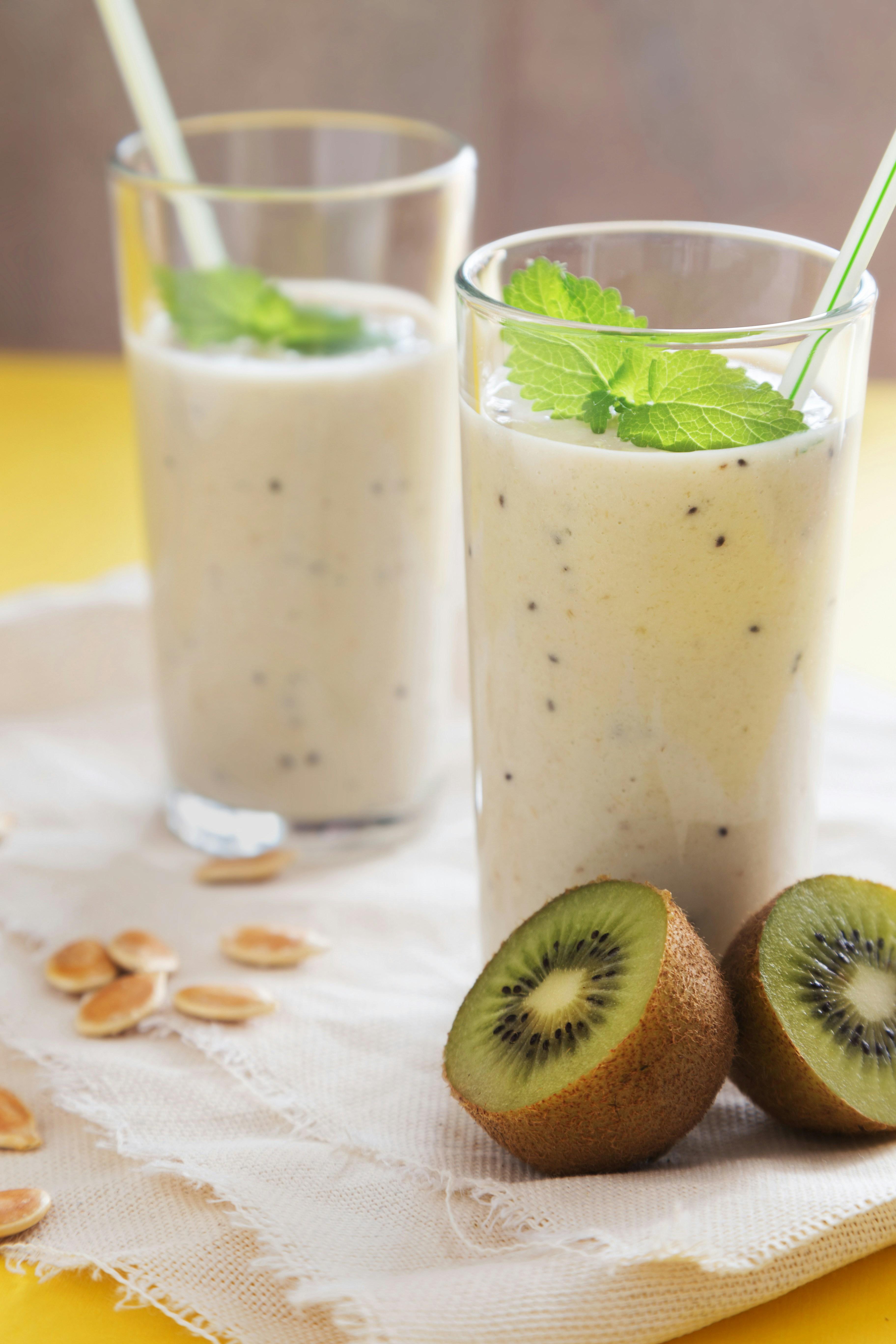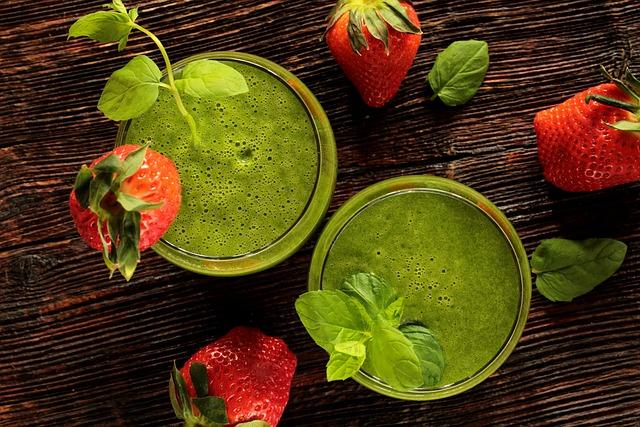In a world where wellness trends rise and fall with the seasons, detox diets have captured the imagination of many seeking a quick health fix. Promising to cleanse the body of toxins and rejuvenate the soul, these diets often boast dramatic transformations. But beneath the glossy surface lies a question that demands exploration: Are detox diets truly effective, or could they be doing more harm than good? As we delve into the science and stories behind these popular regimens, we’ll uncover the truths and myths that shape this intriguing health phenomenon. Join us on a journey through the world of detox diets, where the line between health and hype is often blurred.
Exploring the Science Behind Detox Diets
Detox diets often promise a quick fix for weight loss and the elimination of toxins from the body. However, the science behind these diets remains a topic of debate. Biologically, the human body is equipped with a natural detoxification system, primarily managed by the liver, kidneys, and digestive tract. These organs work continuously to filter and expel waste products. Detox diets usually involve fasting, consuming specific foods or drinks, and sometimes even taking supplements to enhance this process.
While some people report feeling more energized and losing weight on detox diets, scientific evidence supporting their efficacy is limited. Key concerns include:
- Nutrient Deficiency: Many detox diets are low in essential nutrients, which can lead to deficiencies if followed for extended periods.
- Metabolic Impact: Rapid weight loss can slow down metabolism, making it harder to maintain weight loss in the long term.
- Potential Harm: Some detox plans may involve harsh methods that can stress the body rather than support it.
Ultimately, while detox diets may offer a short-term solution, they often lack the balance and scientific backing needed for long-term health benefits.

Potential Risks and Benefits of Cleansing
Embarking on a detox diet can offer a mix of potential advantages and drawbacks. On the benefits side, proponents claim that such diets can help reset the digestive system, increase energy levels, and improve mental clarity. By eliminating processed foods and focusing on nutrient-rich options, individuals might also experience weight loss and improved skin health.
- Increased Energy: Many report feeling more energized by consuming whole, unprocessed foods.
- Improved Digestion: A focus on fiber-rich fruits and vegetables can promote digestive health.
However, there are risks to consider. Detox diets can sometimes lead to nutrient deficiencies due to restrictive eating patterns. They may also cause fatigue, irritability, and headaches as the body adjusts. In some cases, extreme detox methods can stress the liver and kidneys, organs that naturally detoxify the body.
- Nutrient Deficiency: Limiting food groups might result in a lack of essential nutrients.
- Organ Stress: Over-reliance on detox processes can burden vital organs.

Detox Diets: Myths Versus Reality
Detox diets often promise a miraculous cleanse of the body, ridding it of toxins and rejuvenating one’s health. However, the reality of these diets is often far less glamorous. While they may lead to short-term weight loss due to severe calorie restriction, they can also result in nutrient deficiencies and muscle loss. The human body is naturally equipped with organs like the liver and kidneys that effectively eliminate toxins without the need for restrictive diets.
It’s crucial to differentiate between myths and facts when considering a detox diet. Some common misconceptions include:
- Myth: Detox diets are essential for removing toxins.
- Reality: The body naturally detoxifies itself every day.
- Myth: Juice cleanses boost energy levels.
- Reality: Lack of protein and calories can lead to fatigue.
Ultimately, a balanced diet with plenty of water, fiber, and nutrients supports the body’s natural detoxification processes far more effectively than any fad diet.

Expert Recommendations for Safe Detox Practices
For those considering detox diets, it’s essential to follow expert advice to ensure safety and effectiveness. Nutritionists and health professionals often emphasize the importance of a balanced approach. Here are some key recommendations:
- Stay Hydrated: Drinking plenty of water supports your body’s natural detoxification processes.
- Incorporate Whole Foods: Focus on consuming fruits, vegetables, lean proteins, and whole grains to provide essential nutrients.
- Limit Processed Foods: Reduce intake of foods high in sugars and unhealthy fats to aid your body’s cleansing efforts.
- Consult a Professional: Always speak with a healthcare provider before starting any detox regimen, especially if you have underlying health conditions.
By following these guidelines, individuals can engage in detox practices that are both safe and beneficial, promoting overall well-being without compromising health.





